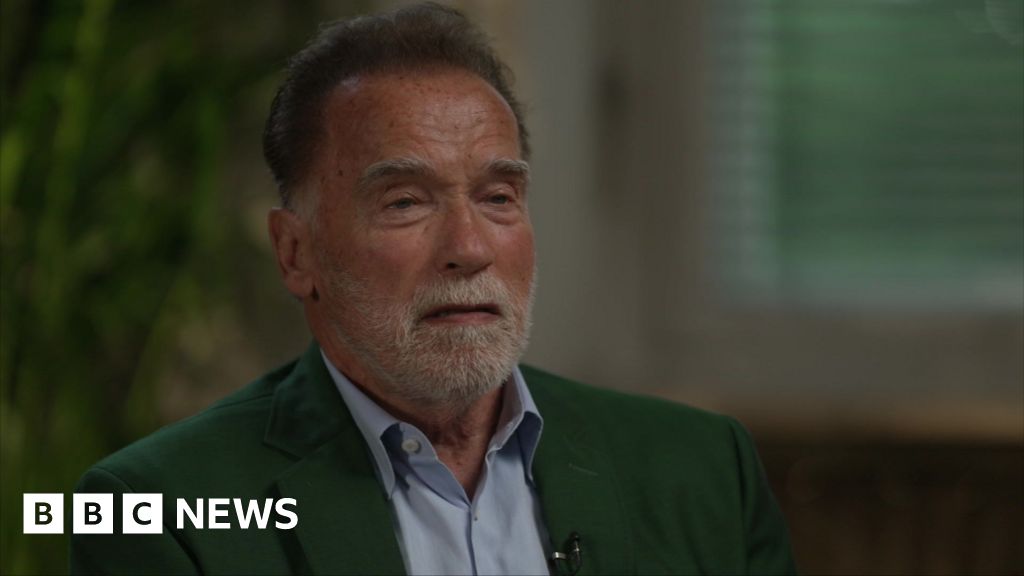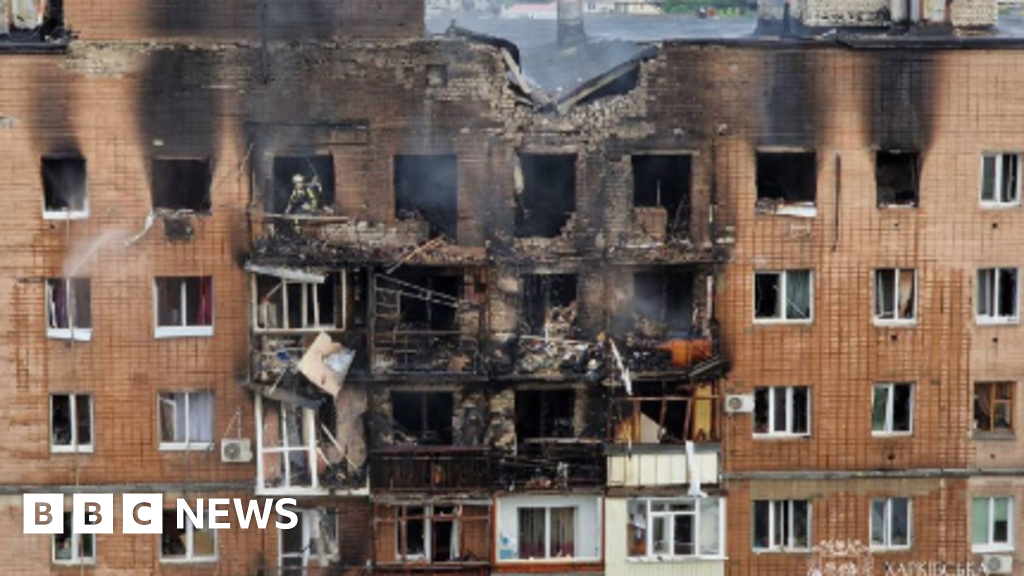ARTICLE AD BOX
image source, AFP
image caption, France admits the decision to cut visas to the three nations is "drastic" and "unprecedented"Algeria and Morocco have reacted with anger to France's decision to slash the number of visas for their citizens.
France announced on Tuesday it would halve the number of visas available to Moroccans and Algerians, and reduce by a third those available to Tunisians.
It accused the three north African countries of failing to co-operate over the return of their nationals denied visas by France.
Algeria summoned the French ambassador to "formally protest" against the move.
Foreign Minister Amar Belani told the state news agency APS that France's decision was "disproportionate".
Meanwhile, Morocco's Foreign Minister Nasser Bourita called the decision "unjustified", and said his country "has always acted responsibly on the issue of illegal migration".
There was no immediate word from the Tunisian authorities.
The French government's spokesman Gabriel Attal admitted on Tuesday that the decision to cut visas was "drastic" and "unprecedented".
"But one made necessary by the fact that these countries are refusing to take back nationals who we do not want or cannot keep in France," he told Europe 1 radio station.
"There was dialogue, then there were threats, and today we're carrying out those threats."
When visa requests are denied, French authorities must still secure a consular pass in order to forcibly expel individuals to their home countries, AFP news agency reports.
This document was not being provided by Morocco, Algeria and Tunisia, the government said.
French media report that, in the first six months of this year, just 22 Algerians were expelled from French territory, although 7,731 visa requests were rejected. For Morocco, there were 80 expulsions despite 3,301 failed visa requests, and for Tunisia it was 131 expulsions to 3,424 failed visa applications.
Immigration is set to be a key issue in next year's French presidential election.

 3 years ago
487
3 years ago
487








 English (US) ·
English (US) ·